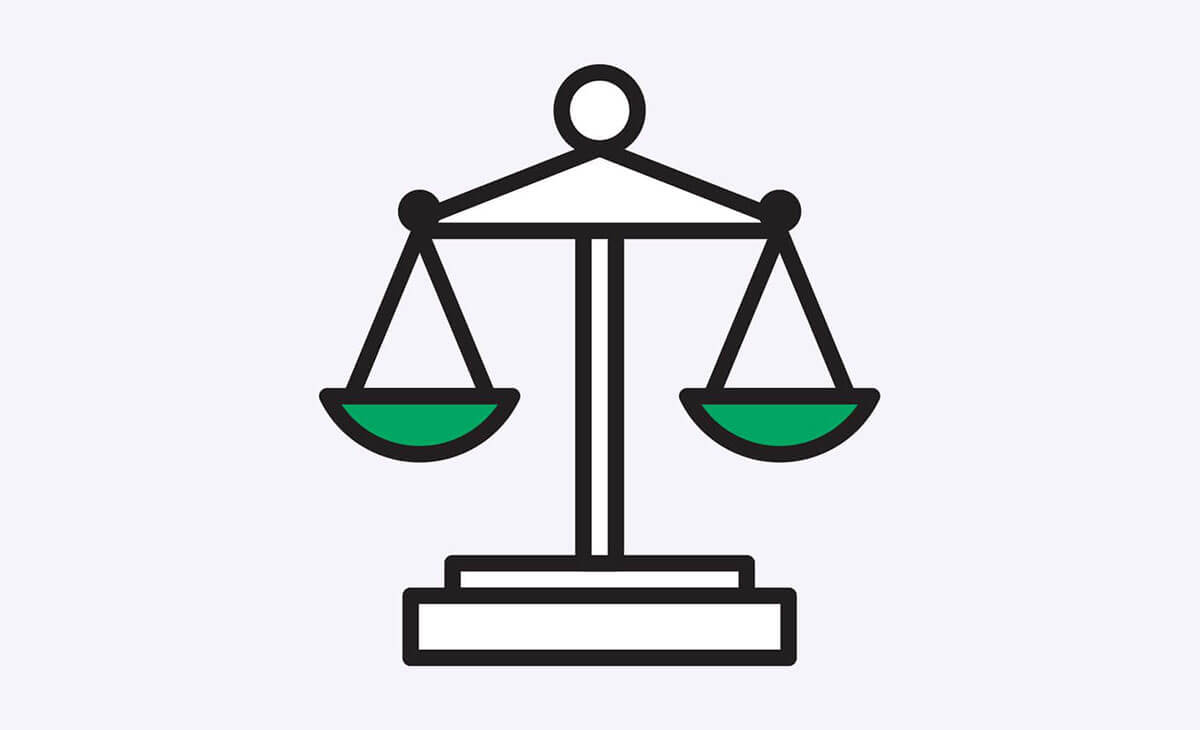You want to be a great humanitarian? Give it away for free. But you don’t. You sell it, just like the other altlaw businesses who [want] to pretend they’re doing people a favor when it’s only about the money.
You are in a business. I am in a profession. For you, the money comes first, For me, the client comes first. … Bullshit gets called here.
— Scott Greenfield (Criminal Lawyer and Blogger)
Are supporters of liberalization of lawyer regulation self-interested bullshitters? Scott Greenfield, in a recent exchange of comments with me on his blog, suggests that “altlaw” supporters tend towards “self-serving bullshit”. They argue for benefits of liberalization to legal consumers, but are actually just making points to further their own business interests. Run a legal forms delivery business / virtual law firm / legal services business that’s not a law firm / traditional law firm seeking outside investment / lawyer-client matchmaking service and think lawyer regulations should be relaxed, or that businesses like yours should not be prosecuted for unauthorized practice of law? Greenfield is talking about you.*
Greenfield’s probably right in a number of cases (though certainly not all—some people may like to run a profitable business that also makes an impact; it’s hard to identify the economic bias of professors and commentators (among others) who are involved in the altlaw community). That said, those who support leaving lawyer regulations as they are and cracking down on UPL are equally biased. Keeping potential competitors out of the market for legal services benefits traditional lawyers. What makes their arguments any less BS? Saying, as Greenfield does,
the [difference] between a business and a profession is the former puts money first, the latter puts clients first. I’m a member of a profession.
sounds nice, but does it really mean anything? Greenfield himself seems sincere about taking the “profession” aspect of law seriously. But law is a business first for many, and they also argue for same restrictions Greenfield does. What portion of people calling for LegalZoom’s UPL prosecution are lawyers whose business is most threatened?**
The broader point is that the debate over lawyer regulation is filled with arguments but features little data. This is silly: these are empirical questions. That is, though you can make arguments either way on whether it’s bad for consumers to create DIY legal documents via a website / non-lawyers to do legal tasks / non-lawyers to own law firms / law school should be three years, two years, domestic-only, or required at all, testing and measuring could give an actual answer to these questions. Greenfield and Brian Tannebaum contend that bona fide law office requirements make sense. Carolyn Elefant and Niki Black claim they don’t. Who’s right? Who knows? This question, like most other in the lawyer regulation area, could be solved with a proper study considering data. Data regularly supports conclusions that go against the established beliefs of their time (e.g., this or this or so many more examples). Instead we have arguments, and they are ultimately pretty useless.
Who Should Bear the Burden of Proof?
As for the “burden of empirical evidence,” the burden is always on the movant. Lawyers know this.
— Scott Greenfield
In conflict of interest situations, the burden of proof can shift to the conflicted party defending their actions (“The requirement of fairness is unflinching in its demand that where one stands on both sides of a transaction, he has the burden of establishing its entire fairness,” Weinberger v. UOP, Inc., 457 A. 2d 701 at 710 - Del: Supreme Court 1983).
In the United States and Canada, lawyers self-regulate the market for legal services. The catch is that they are to regulate with the goal of furthering the public interest, not the interests of lawyers. Lawyers benefit when they face less competition. Restrictive lawyer regulation and wide UPL definitions reduce competition. We know lawyers have the potential to act improperly in conflict situations. So saying lawyers are professionals who put clients first doesn’t help much. Lawyer self-regulation which restricts competition is deeply troubling, given the conflict of interest. Rules restricting legal market competition should require real, data-based supporting evidence (not arguments) or be scrapped.
There are compelling reasons to think deregulating law could help the broad public. In the words of a Wall Street Journal op-ed:
The competition supplied by new legal-service providers, who may or may not have some type of law degree and may even work for a non-lawyer-owned firm, will not only lead to aggressive price competition but also a search for more efficient methods to serve clients.
Every other U.S. industry that has been deregulated, from trucking to telephones, has lowered prices for consumers without sacrificing quality.
Price isn’t the only issue. Lawyer regulation exists to preserve quality. In the specific area we work in (contract review software), our tests have shown that use of our system allows a user to review contracts faster (and so be cheaper) and also be more accurate. Tests of eDiscovery technology assisted review software have yielded similar results. Neither of these findings impact whether lawyer regulations work. But what they suggest to me is that there is a lot of room for quality improvement in law practice.
We have no idea how broad deregulation would work out in law. But it could work well for consumers. We could find out piece by piece, and do this without going all the way right away. There are dangers to going too fast. Some or all current lawyer regulation may really be necessary to protect the public and getting rid of it could have consequences. We need to get going on figuring out what is necessary and what isn’t. Making arguments isn’t the way to the answer.***
* And us, though (as I think Greenfield now understands) it is unclear what (if any) impact change in lawyer regulations would have on our contract review software business. As such, we think our views here are generally clear of economic-interest bias (with an arguable exception for rules restricting foreign educated lawyer bar admission in non-US jurisdictions).
** I have a hard time seeing LegalZoom having any impact on Greenfield’s practice and he thinks they should be hit for UPL. No doubt there are more like him with no economic bias.
*** Though I realize the irony of making arguments against making arguments.


